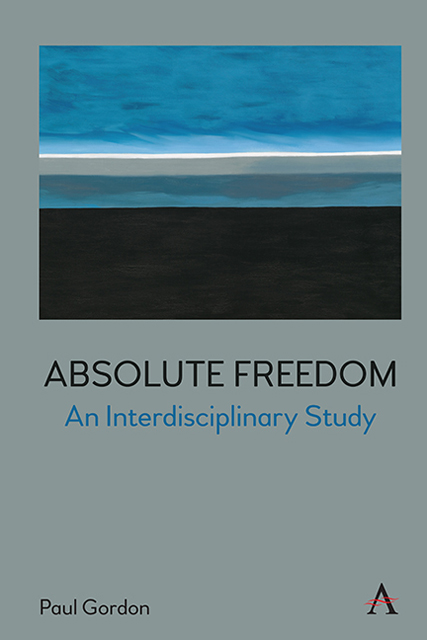8 - Artistic Freedom: Beethoven
Published online by Cambridge University Press: 10 January 2023
Summary
Beethoven's criticism seems largely taken up with the question of Beethoven as the quintessential romantic composer who broke the rules and opened up “a new path” (Beethoven) that forever changed classical music, and those who see him as the logical culmination of what came before him. The truth, as even those who take one or the other side of this argument tend to agree, is somewhere in the middle. If this makes writing on Beethoven difficult, it is nothing compared to the difficulty of writing about music at all. Of all the arts, music is the most recalcitrant to anything other than a formal analysis that tells us nothing about the real content or significance of the work or works in question. Indeed, nothing that one can say about a piece of music is anything other than something “about,” or outside the experience itself, whereas, in the case of literature or the plastic arts there is, at least, an object of some sort that one can hold on to even if, truth be told, that object is not really the object one is talking about—Magritte's title applies as well to all works of art as it does to his famous pipe. But, in the case of music, it is not just that, like all art, it “means what it says but never says what it means,” but that music goes even further in not only never saying anything but also in never being anything. In its state of constant motion, it goes further than the temporal component of narratives in never pausing to identify any of its characters, its plot, etc.
It appears, then, that we have painted ourselves into a corner by acknowledging the utter impossibility of our task if it is to write meaningfully about music in general or about Beethoven's music in particular. But there is promise in the fact that, while music may only exist at the moment, freedom, too, “is <only> a moment.” Throughout this work we have distinguished between negative freedom that is easily definable (freedom from this or that) and positive freedom that, while less easily understood, can still be defined as our desire to act in accordance with our highest aspirations—our desire, as it were, to follow the Absolute within us.
- Type
- Chapter
- Information
- Absolute FreedomAn Interdisciplinary Study, pp. 111 - 124Publisher: Anthem PressPrint publication year: 2022



